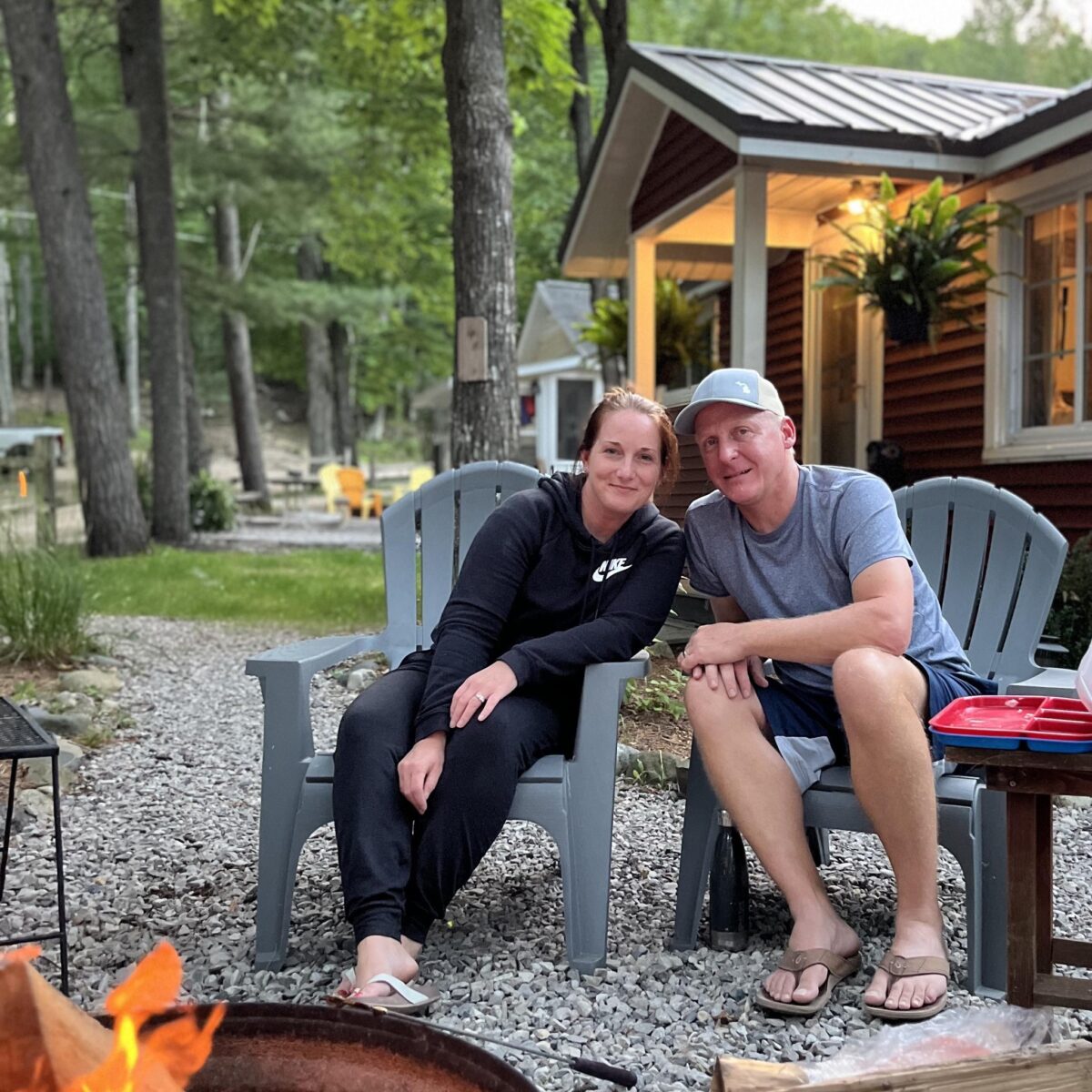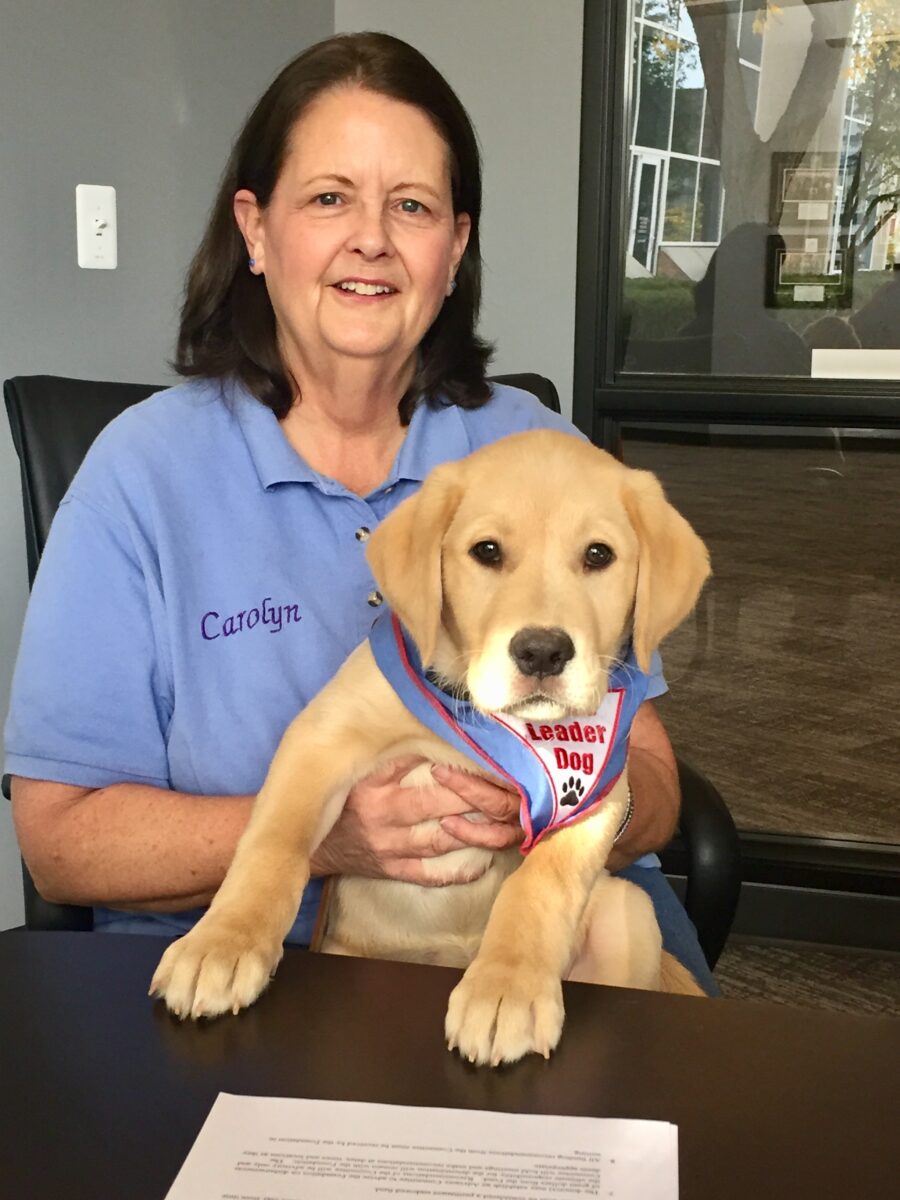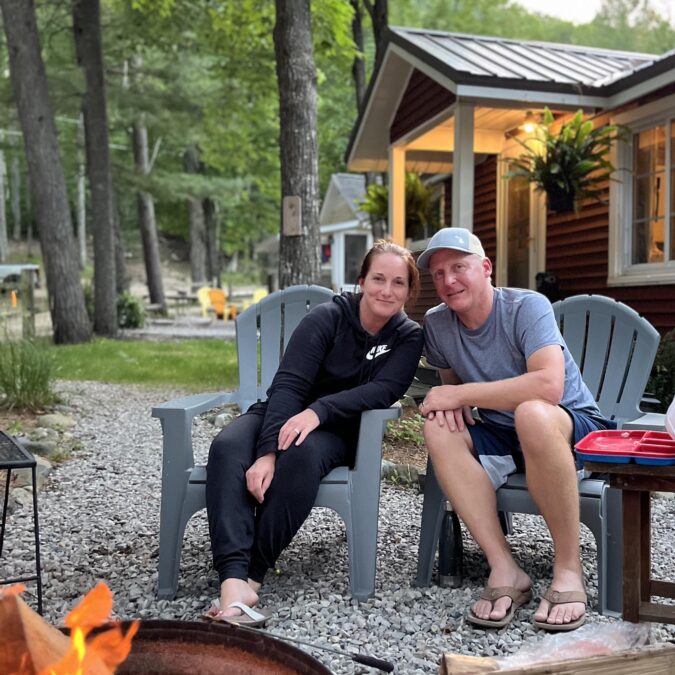The Community Foundation has worked with donors to give back in ways both small and large, beyond their lifetimes, for nearly 80 years. It’s a priority of the Foundation to help donors figure out what is right for them when giving back and to help document charitable wishes for the future- a planned gift.
“When thinking about giving beyond your lifetime it can be tough, overwhelming perhaps, but often times a great relief to finally have a plan in place that meets your wishes,” said Jackie Hanton, Vice President of the Community Foundation of St. Clair County.
“Not all donors come to us with a list of favorite charities or even know exactly what they want to do. Sometimes donors don’t have beneficiaries for their estate, other times they have areas in the community they want to impact but don’t know how. That’s why the Community Foundation spends the time with donors to do what’s right for them and figure out their charitable wishes together.”
If you know Carolyn Crowe, she has a heart for Leader Dogs, therapy dogs, dog training and our local shelters. No stranger to the Foundation, she knew that she wanted to put a charitable plan in place for animal welfare.
“I wanted to be sure that support for animals was available long after I’m able to provide it directly. There wasn’t an animal welfare fund locally, so I started an endowed fund for just that purpose and will make a gift to it from my estate.”

Janal and Chip Mossett have a young family but still made a plan for the future and their charitable giving. Though this plan may change over time, it’s a starting point.
“There are numerous reasons that we have charitable giving as part of our estate plan. At the forefront is that it aligns with our core values and principles. By incorporating charitable giving into our estate plan, we can ensure that we are making an impact even after we are gone. On a more personal level, it allows our family to be actively involved in philanthropy. It encourages us to learn more about the issues and causes we are passionate about and collaborate with like-minded individuals and organizations to address them. And it gives us the opportunity to set an example for our children and instill in them the importance of generosity and social responsibility. Charitable giving is one way we can help our children understand that life is more about contribution than accumulation,” Janal said.

Chuck and Gail Kelly are very passionate about the work of the YMCA and the Community Foundation. As long-time community leaders, volunteers, and supporters of both organizations, it was important to them to provide long-term support that would last for generations beyond theirs.
“All of us, I think, have an obligation to serve our community, however each decides to do so. Having the opportunity to be part of the Foundation’s philanthropic work has been a blessed way for me to try to meet that obligation. For Gail and me both, we also want part of serving our community to be in a way that outlasts our lifetimes, and this will be through gifts we make in our estate plan. I know that the Community Foundation will be the best steward of our hard-earned funds to benefit the YMCA endowment fund and an unrestricted gift to the Community Foundation.”
There are over 100 other donors just like Carolyn, the Mossetts, and Kellys who have made a “planned gift” or a legacy gift — some also call it a bequest. No matter what terminology is used, it’s planning for a charitable gift in the future.
As you think about your own charitable plans for the future, planned gifts can be categorized into 3 areas: Simple Gifts, Gifts that Pay You Back, and Gifts that Protect Assets.

Simple Gifts are just like the one Carolyn intends to make: There’s a bequest in her will to benefit the Carolyn Crowe Animal Welfare Fund. Simple gifts can also be things like a beneficiary designation from a life insurance policy, like Marcia Haynes did for the Women’s Initiative, or a beneficiary designation on an IRA account.
Some planned gifts provide life-long income to a donor in return for their gift, like a charitable gift annuity or a charitable remainder annuity trust or unitrust.
Other gift plans use estate and tax planning to provide for a charity and heirs in ways that maximize your gift and/or minimize its impact on your estate, like a Charitable Lead Trust.
Planned giving and thinking about future charitable plans doesn’t have to be scary, overwhelming, or avoided. The Community Foundation is well versed in working side by side with donors, their advisors as necessary, and helping charitable plans come to fruition that will be meaningful and impactful in the future.
Everyone can leave a legacy- a planned gift. Hundreds of individuals and couples have done just that by becoming members of our Legacy Society through future charitable plans, large and small. Our Legacy Society recognizes and honors those donors who have made plans through their estate to give back to the community through the Community Foundation. We are grateful for their foresight, dedication, and philanthropic spirit.
You can support the arts, enrich education, promote community development, or foster a stronger community with the Community Foundation. Just tell us what is important to you. Please reach out to Jackie Hanton for a confidential conversation about your charitable plans or putting one in place.

